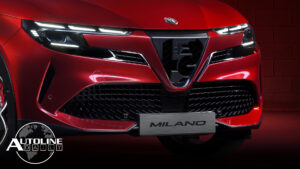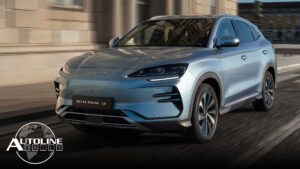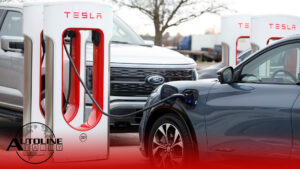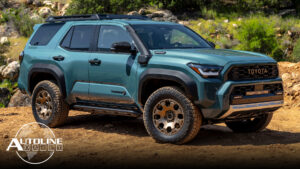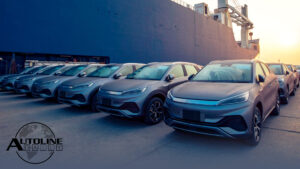
Autoline Daily
Get an inside look at the global auto business with Autoline Daily. From the morning’s top news to in-depth industry analysis, Autoline Daily covers the auto beat like no other media. Available every weekday, it’s your outlet for the latest industry buzz.
AD #3793 – U.S. Fast Charging Network Growing Fast; Mexico Facing U.S. Pressure Over Chinese EVs; New Toyota Camry Goes Hybrid Only
April 18, 2024
Listen to “AD #3793 – U.S. Fast Charging Network Growing Fast; Mexico Facing U.S. Pressure Over Chinese...
AD #3792 – Tesla Market Cap Drops Below $500 Billion; GM Launches PHEVs In China; Boston Dynamics Unveils New Humanoid Robot
April 17, 2024
Listen to “AD #3792 – Tesla Market Cap Drops Below $500 Billion; GM Launches PHEVs In China; Boston...
AD #3791 – Alfa Forced to Change New CUV Name; Key Leader Leaving Tesla; Stellantis Battles Suppliers
April 16, 2024
Listen to “AD #3791 – Alfa Forced to Change New CUV Name; Key Leader Leaving Tesla; Stellantis Battles...
AD #3790 – Tesla Axes 10% Of Workforce, Slashes FSD Price; UAW Votes at VW This Week; Magna to Test Humanoid Robots
April 15, 2024
Listen to “AD #3790 – Tesla Axes 10% Of Workforce, Slashes FSD Price; UAW Votes at VW This Week; Magna...
AD #3789 – Study: BYD Received $3.7 Billion In Subsidies; Chinese EVs Piling Up in EU Ports; India States Try to Lure Tesla Plant
April 12, 2024
Listen to “AD #3789 – Study: BYD Received $3.7 Billion In Subsidies; Chinese EVs Piling Up in EU Ports;...
AD #3788 – Tesla Superchargers Generate Big Bucks; PHEVs Emit Far More Emissions Than Claimed; Diesel Owners Drive the Most
April 11, 2024
Listen to “AD #3788 – Tesla Superchargers Generate Big Bucks; PHEVs Emit Far More Emissions Than Claimed;...
AD #3787 – Toyota Reveals All-New 4Runner; BMW EV Sales Up 40% In Q1; China Closing Idled Car Plants
April 10, 2024
Listen to “AD #3787 – Toyota Reveals All-New 4Runner; BMW EV Sales Up 40% In Q1; China Closing Idled Car...
AD #3786 – BYD Makes More Per Car Than Ford; Tesla Slashes Supercharger Install Time; Ford Dropping Direct Sales in Europe
April 9, 2024
Listen to “AD #3786 – BYD Makes More Per Car Than Ford; Tesla Slashes Supercharger Install Time; Ford...






